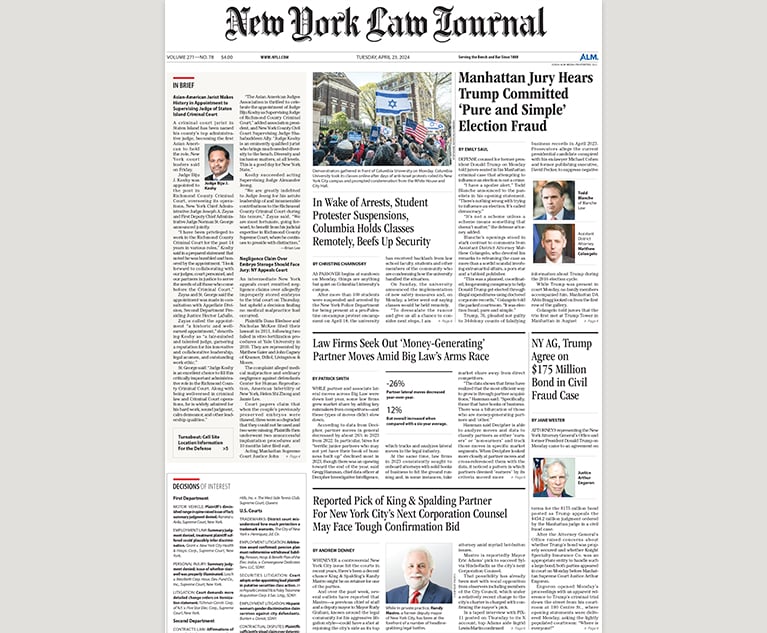For some, the appeal of using cryptocurrencies like Bitcoin includes the perception that they may offer greater privacy protections for financial transactions, including shielding them from law enforcement scrutiny. But a recent federal appellate ruling in a Fourth Amendment case suggests this perception may not align with current legal reality.
In United States v. Gratkowski, 2020 WL 3530575 (5th Cir. June 30, 2020), the U.S. Court of Appeals for the Fifth Circuit held that the government’s warrantless search of a Bitcoin blockchain associated with a child-pornography website and the government’s subpoena to the cryptocurrency exchange Coinbase did not violate the defendant’s Fourth Amendment protections against unreasonable searches and seizures. The ruling—the first time a federal appeals court has addressed the constitutional protections implicated by the use of cryptocurrencies and information stored on public blockchains—stands as a warning that the expectation of greater privacy in cryptocurrency transactions may be unwarranted, especially where transaction-related information is voluntarily shared with third parties like a cryptocurrency exchange.


 Robert A. Schwinger
Robert A. Schwinger




